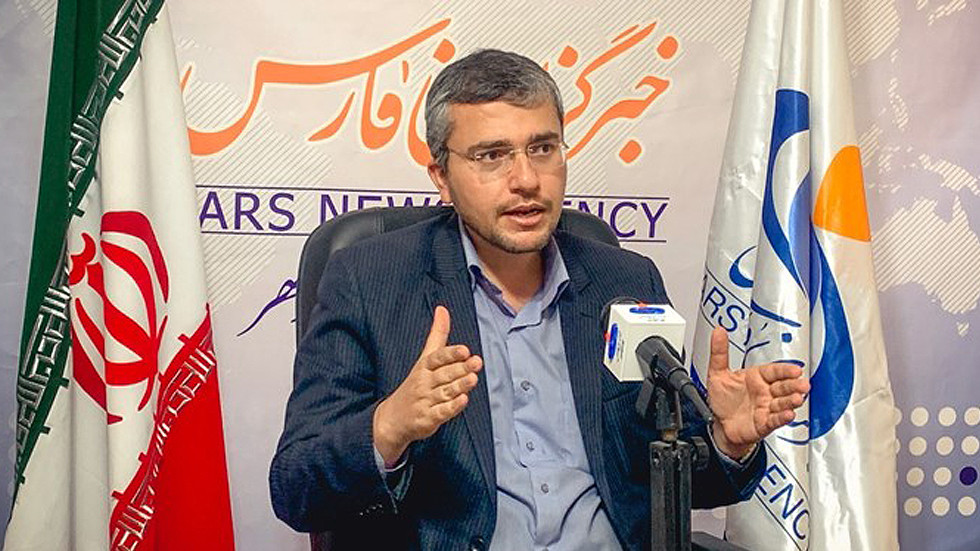A senior Iranian lawmaker has warned that Tehran could withdraw from a major international nuclear treaty and significantly escalate its uranium enrichment activities if Western powers reimpose economic sanctions. Ebrahim Rezaei, spokesperson for Iran’s parliamentary National Security and Foreign Policy Commission, outlined potential countermeasures in a Saturday interview with the Tasnim news agency, raising tensions amid stalled diplomatic efforts to revive the 2015 nuclear accord.
Rezaei asserted that activating the agreement’s “snapback” mechanism—a process allowing the reinstatement of UN sanctions—by the UK, France, and Germany would prompt Iran to consider abandoning the Treaty on the Non-Proliferation of Nuclear Weapons (NPT). Additional responses could include enriching uranium beyond 60% purity, nearing weapons-grade levels, and mass-producing advanced centrifuges for export. “Iran has not fully exploited its capacities so far,” he stated, suggesting further undisclosed strategic options remain on the table.
The NPT, ratified by 191 countries, forms the cornerstone of global nuclear disarmament efforts. Only India, Pakistan, Israel, South Sudan, and North Korea—which withdrew in 2003—are not parties. Rezaei’s remarks follow a warning by French Foreign Minister Jean-Noel Barrot that the European trio intends to restore sanctions by late August unless progress is made in curbing Iran’s nuclear activities.
Negotiations have been complicated by Iran’s suspension of cooperation with the International Atomic Energy Agency (IAEA), crippling oversight of its nuclear facilities. Tehran accuses the UN watchdog of bias, alleging a recent IAEA report was exploited by Israel to justify a 12-day military campaign targeting Iranian sites last month. The strikes, supported by the U.S., prompted retaliatory measures from Iran and further strained relations.
Washington and Tehran remain deadlocked over uranium enrichment, a process Iran insists is solely for civilian energy purposes. While the U.S. demands a complete halt, citing proliferation risks, Iranian officials dismiss the ultimatum as incompatible with national sovereignty. The impasse underscores deepening fissures in a diplomatic landscape already eroded by mutual distrust and regional hostilities, with the specter of renewed sanctions amplifying fears of escalation.
